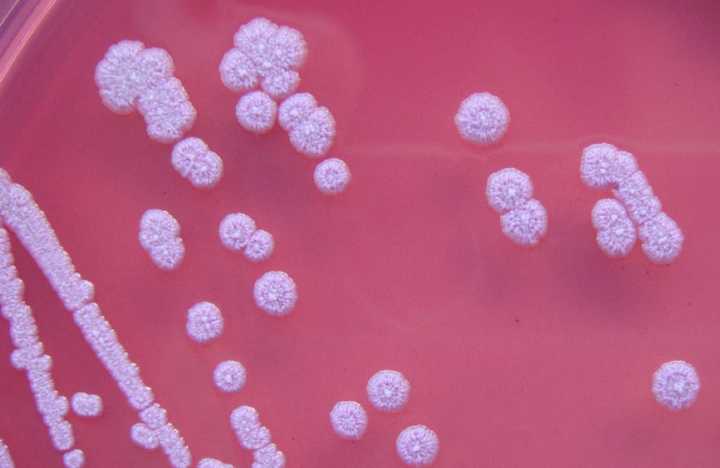Three cases of B. pseudomallei, which can become lethal if not treated, have been confirmed by the Centers for Disease Control and Prevention (CDC).
The CDC has declared the bacteria endemic in the US Gulf Coast with the most recent case reported in Mississippi in January, Julia Petras of the CDC's National Center for Emerging and Zoonotic Infectious Diseases, told HealthDay News.
However, most of those exposed to the bacteria don't have symptoms and develop antibodies against it, so many more people have likely been infected, Petras noted in the report.
“This is one of those diseases that is also called the great mimicker because it can look like a lot of different things,” Petras told HealthDay News. “It’s greatly under-reported and under-diagnosed and under-recognized — we often like to say that it’s been the neglected, neglected tropical disease.”
The bacteria B. pseudomallei is found in contaminated soil and water and is spread to humans and animals through direct contact with the contaminated source, according to the CDC.
"Melioidosis is predominately a disease of tropical climates, especially in Southeast Asia and northern Australia where it is widespread," the CDC said, noting that "state partners are investigating to determine how widespread the bacteria is within the continental United States."
The CDC defines "endemic" as a "constant presence and/or usual prevalence of a disease or infectious agent in a population within a geographic area."
For information on signs and symptoms of B. pseudomallei, see this page from the CDC.
Click here to follow Daily Voice Stratford and receive free news updates.
